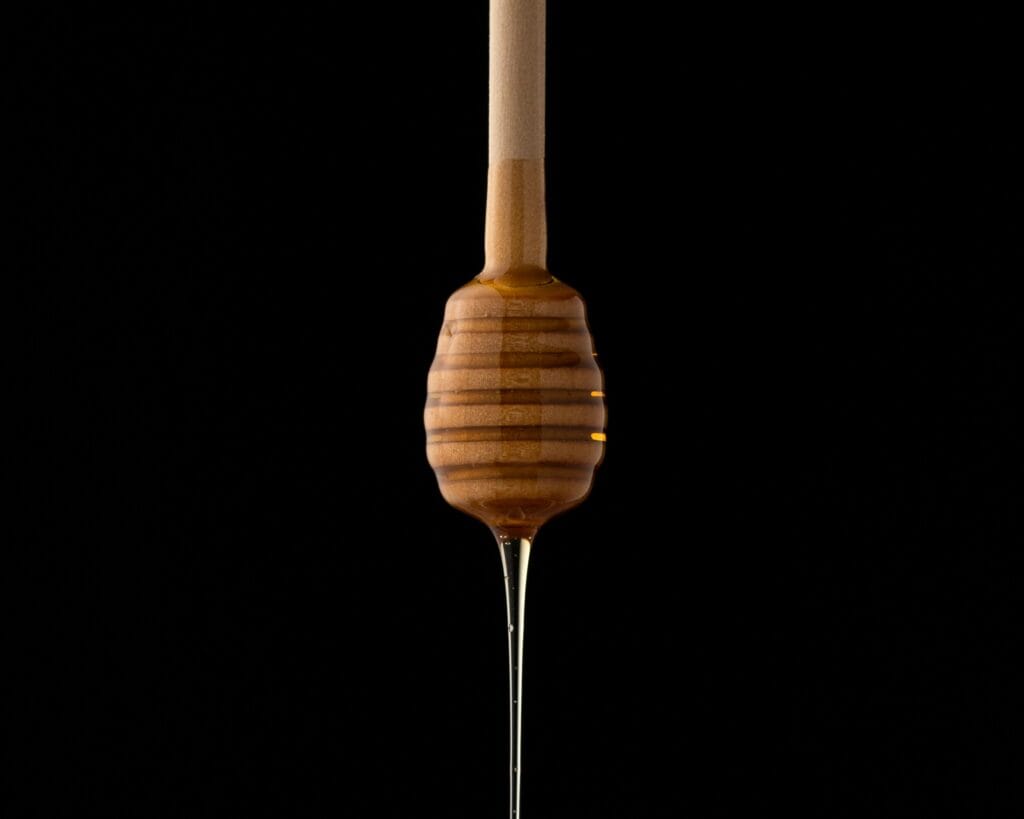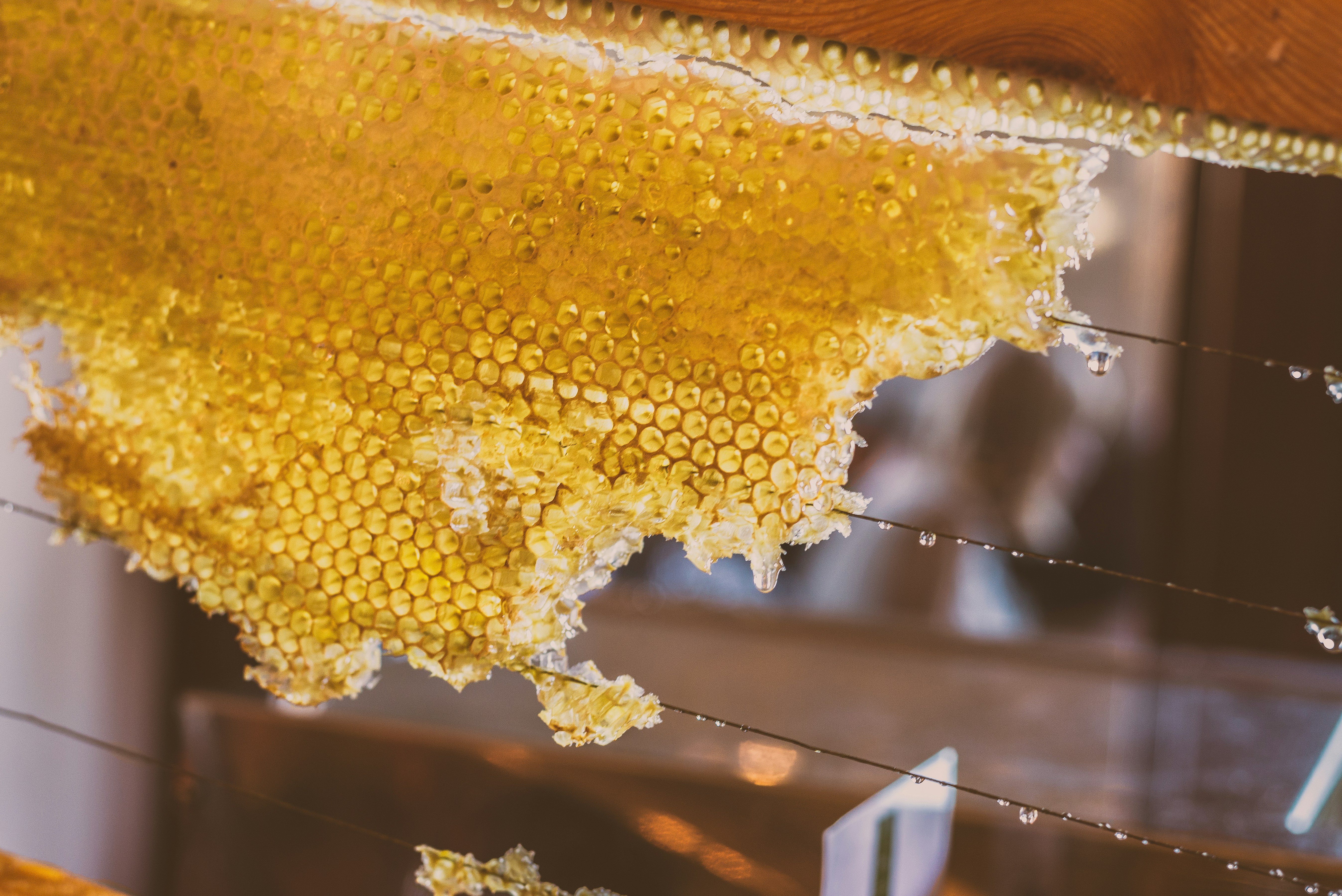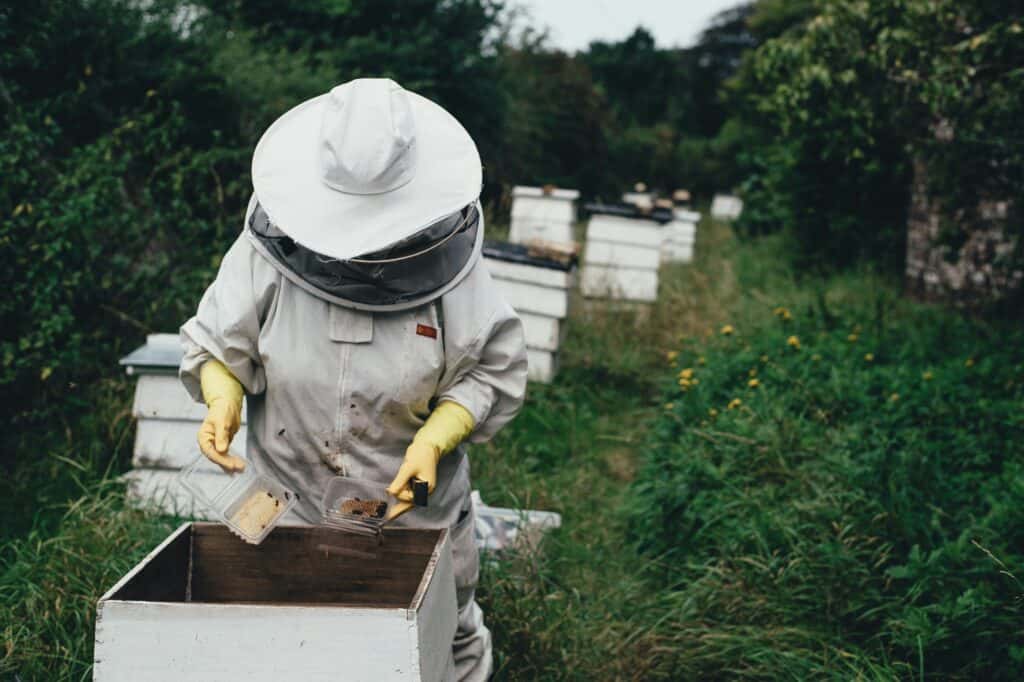Does Manuka Honey Expire? Exploring the Truth
Does Manuka honey expire? This prized honey, native to New Zealand, has gained a reputation for its unique properties and exceptional health benefits. This “liquid gold” is renowned for its dark color, rich flavor, and extraordinary antibacterial properties, making it a prized ingredient in natural health remedies. But understanding the shelf life of this valuable commodity is crucial for consumers, manufacturers, and healthcare professionals alike. In this article, we’ll delve into the world of Manuka honey, exploring its unique characteristics, the factors that affect its shelf life, and the implications of expiration on its quality and safety.
Key Takeaways
Here are the key takeaways about the shelf life of Manuka honey:
- Does Manuka honey expire? The answer is no, as long as it’s stored properly in a cool, dry place.
- The low moisture and high sugar content of Manuka honey make it difficult for bacteria and mold to grow, preventing spoilage.
- While the quality of Manuka honey may decline over time, it remains safe to consume indefinitely, making it a reliable choice for natural health remedies.

Understanding Manuka Honey
What is Manuka Honey?
Manuka honey is a type of honey that originates from the nectar of the New Zealand Manuka tree (Leptospermum scoparium), native to New Zealand. This unique honey is renowned for its exceptional properties, which set it apart from other types of honey.
If your interested in what the best Manuka honey brands are, check out my list here: 7 Best Manuka Honey Brands
Unique Properties
Manuka honey contains high levels of methylglyoxal (MGO), a compound that is responsible for its antibacterial effects and anti-inflammatory activity. This property makes Manuka honey a popular choice for natural health remedies, wound care, and digestive health.
Other Benefits
Natural Preservation Qualities of Honey
One of the key reasons why honey is a self-preserving food is due to its low moisture content and high sugar concentration. These characteristics create an environment that generates osmotic pressure and protects against heating, making it inhospitable to microbial growth.
- Low Moisture Content: Honey is a supersaturated sugar solution that contains very little water. This makes it difficult for bacteria, yeast, and mold to grow, as they require water to thrive.
- High Sugar Concentration: The high sugar concentration in honey also inhibits microbial growth by creating an osmotic effect. This means that the sugar molecules absorb the water from the microorganisms, causing them to dehydrate and die.
These natural preservation qualities make honey a stable food that can be stored indefinitely, without the need for refrigeration or preservatives.
Does Manuka Honey Expire?
Longevity of Honey
Honey is one of the few foods that can last indefinitely if stored properly. This is due to its unique properties, which make it difficult for bacteria, yeast, and mold to grow. Manuka honey, in particular, is known for its exceptional longevity, making it a stable food that can be stored for years without spoiling.
In comparison to other types of honey, Manuka honey has a longer shelf life due to its higher antibacterial properties and lower moisture content. This makes it an ideal choice for long-term storage and use.

Best Before Dates on Manuka Honey
While honey can last indefinitely, manufacturers often include a “best before” date on the packaging. This date is not an indication of spoilage, but rather a guarantee of the honey’s quality and potency.
The “best before” date typically ranges from 3 to 5 years, depending on the manufacturer and storage conditions. This date does not mean that the honey will expire or become unsafe to consume after that time. Instead, it indicates that the honey’s quality and antibacterial properties may start to decline.
Changes Over Time
Over time, Manuka honey may undergo natural changes that can affect its appearance, texture, and flavor. These changes include:
- Darkening: Honey may darken in color due to the natural oxidation process.
- Crystallization: Honey may crystallize, which can affect its texture and appearance.
- Flavor/Aroma Shifts: The flavor and aroma of honey may change over time, becoming stronger or milder.
These changes are a natural part of the honey’s aging process and do not indicate spoilage. In fact, many honey enthusiasts prefer the flavor and aroma of aged honey.
How to Store Manuka Honey for Longevity
Ideal Storage Conditions
To ensure the longevity of Manuka honey, it’s essential to store it in ideal conditions. Here are some tips to keep your honey fresh and potent:
- Room Temperature Storage: Store Manuka honey at room temperature, between 50°F and 70°F (10°C and 21°C). This temperature range allows the honey to maintain its natural consistency and prevents crystallization.
- Airtight Containers: Keep Manuka honey in airtight containers to prevent moisture absorption. Glass or plastic containers with tight-fitting lids are ideal for storing honey.
Avoiding Common Mistakes
When storing Manuka honey, it’s essential to avoid common mistakes that can affect its quality and longevity. Here are some mistakes to avoid:
- Refrigeration: Avoid storing Manuka honey in the refrigerator, as the cold temperature can accelerate crystallization. Crystallization can make the honey appear cloudy or granular, but it doesn’t affect its quality or safety.
- Direct Sunlight: Keep Manuka honey away from direct sunlight, as it can cause the honey to degrade and lose its potency. If you must store honey in a sunny area, use a UV-resistant container or wrap the container in a UV-blocking material.
- Extreme Temperatures: Avoid storing Manuka honey in areas with extreme temperatures, such as near a heat source or in an unheated garage. Temperature fluctuations can cause the honey to degrade and lose its quality.
By following these storage tips, you can ensure that your Manuka honey remains fresh, potent, and safe to consume for a long time.
What Happens If Manuka Honey Crystallizes?
Why Crystallization Occurs
Crystallization is a natural process that can occur in Manuka honey, particularly in raw or unprocessed honey. It’s caused by the sugar structure in honey, which can form crystals over time. This process is more common in raw honey because it hasn’t been filtered or processed, leaving more impurities and particles that can facilitate crystallization.
Is Crystallized Honey Safe to Eat?
The good news is that crystallized honey is still safe to eat and retains its nutritional value. The crystallization process doesn’t affect the honey’s antibacterial properties or its quality. In fact, some people prefer the texture and flavor of crystallized honey.
Restoring Honey to Its Liquid State
If you prefer your honey in a liquid state, you can easily restore it using gentle warming techniques. Here’s how:
- Place the crystallized honey in a bowl or container and sit it in a saucepan of warm water. The water should be around 100°F to 110°F (38°C to 43°C).
- Let the honey sit in the warm water for a few hours or until it reaches the desired consistency. You can also use a thermometer to monitor the temperature.
- Stir the honey occasionally to help it dissolve and return to its liquid state.
Remember to always handle honey with clean equipment and store it in a clean container to prevent contamination. By following these steps, you can enjoy your Manuka honey in its liquid state while preserving its natural goodness.
Benefits of Properly Stored Manuka Honey
Retention of Nutritional Value
Properly stored Manuka honey retains its nutritional value, including its methylglyoxal (MGO) and antibacterial properties, distinguishing it from regular honey. These properties are essential for the honey’s medicinal benefits and make it a popular choice for natural health remedies. By storing Manuka honey correctly, you can ensure that it remains potent and effective.
Enhanced Flavor and Versatility
Proper storage helps maintain the rich, unique flavor of Manuka honey. When stored correctly, the honey’s flavor profile remains consistent, making it a versatile ingredient for cooking, baking, and natural health remedies. The flavor of Manuka honey is often described as earthy, caramel-like, and slightly bitter, making it a popular choice for those who prefer a stronger honey flavor.
Long-Term Cost-Effectiveness
Properly stored Manuka honey has a longer shelf life, reducing waste and making it a more cost-effective option in the long run. When stored correctly, Manuka honey can last indefinitely, allowing you to enjoy its wellness benefits without worrying about expiration dates or spoilage. This makes it a valuable investment for those who use Manuka honey regularly.
Health Benefits of Manuka Honey
Manuka honey, derived from the Manuka bush, is celebrated not just for its unique flavor and longevity but also for its remarkable health benefits, which have been backed by scientific research. Rich in antioxidants, it helps fight free radicals in the body, potentially reducing the risk of chronic diseases. Additionally, its antibacterial properties are attributed to high levels of methylglyoxal (MGO), making it an effective natural remedy for wound healing, skin infections, and even sore throats. Furthermore, Manuka honey is believed to support digestive health by promoting a balanced gut microbiome, alleviating symptoms of gastrointestinal disorders. Its anti-inflammatory qualities may also contribute to relief from conditions such as arthritis and other inflammation-related ailments. Whether used topically or consumed, the multitude of benefits that Manuka honey offers positions it as an invaluable addition to a health-conscious lifestyle.
Methods to Determine Manuka Honey Purity and Quality
Determining the purity and quality of Manuka honey is crucial for ensuring you’re getting the genuine product that delivers its renowned health benefits. Several methods can help you assess the integrity of your honey. Firstly, you can verify the Unique Manuka Factor (UMF) rating, which measures the honey’s antibacterial strength. Authentic Manuka honey typically carries a UMF rating of 10 or higher, indicating its potency. Additionally, checking for a consistent texture and consistency is important; genuine Manuka honey should be thick and not overly runny. Another reliable method is to perform a taste test; real Manuka honey offers a complex flavor profile that is rich and somewhat earthy, often with a hint of bitterness. Lastly, consider examining the product label for certifications or seals from recognized organizations, which can assure you of its authenticity. Using these methods, you can confidently select high-quality Manuka honey and quality products that meet your health and wellness needs.
Frequently Asked Questions About Manuka Honey Shelf Life
Can Manuka Honey Go Bad?
No, not when stored properly; it remains safe for consumption.
Why Does My Manuka Honey Look Darker?
Darkening is a natural aging process and doesn’t indicate spoilage.
How Can I Fix Crystallized Manuka Honey?
Place the jar in warm water and stir until crystals dissolve.
Should I Refrigerate Manuka Honey?
No, refrigeration is unnecessary and can lead to faster crystallization.
How Do I Know If My Manuka Honey Has Spoiled?
Spoiled honey is extremely rare but may occur if contaminated with moisture or stored improperly.

Conclusion
In summary, Manuka honey is a unique and resilient natural product that does not expire under the right storage conditions. When stored properly, away from moisture and heat, Manuka honey remains safe and potent for consumption, retaining its health-boosting properties, including its high levels of natural sugars and high purity for years to come.
To fully enjoy the benefits of Manuka honey, it’s essential to store it correctly, keeping it away from direct sunlight, heat, and moisture. By doing so, you can savor its rich flavour and reap its health benefits for a long time.
So, explore the wonders of Manuka honey as a long-lasting, health-boosting ingredient, and discover its incredible potential to elevate your well-being.